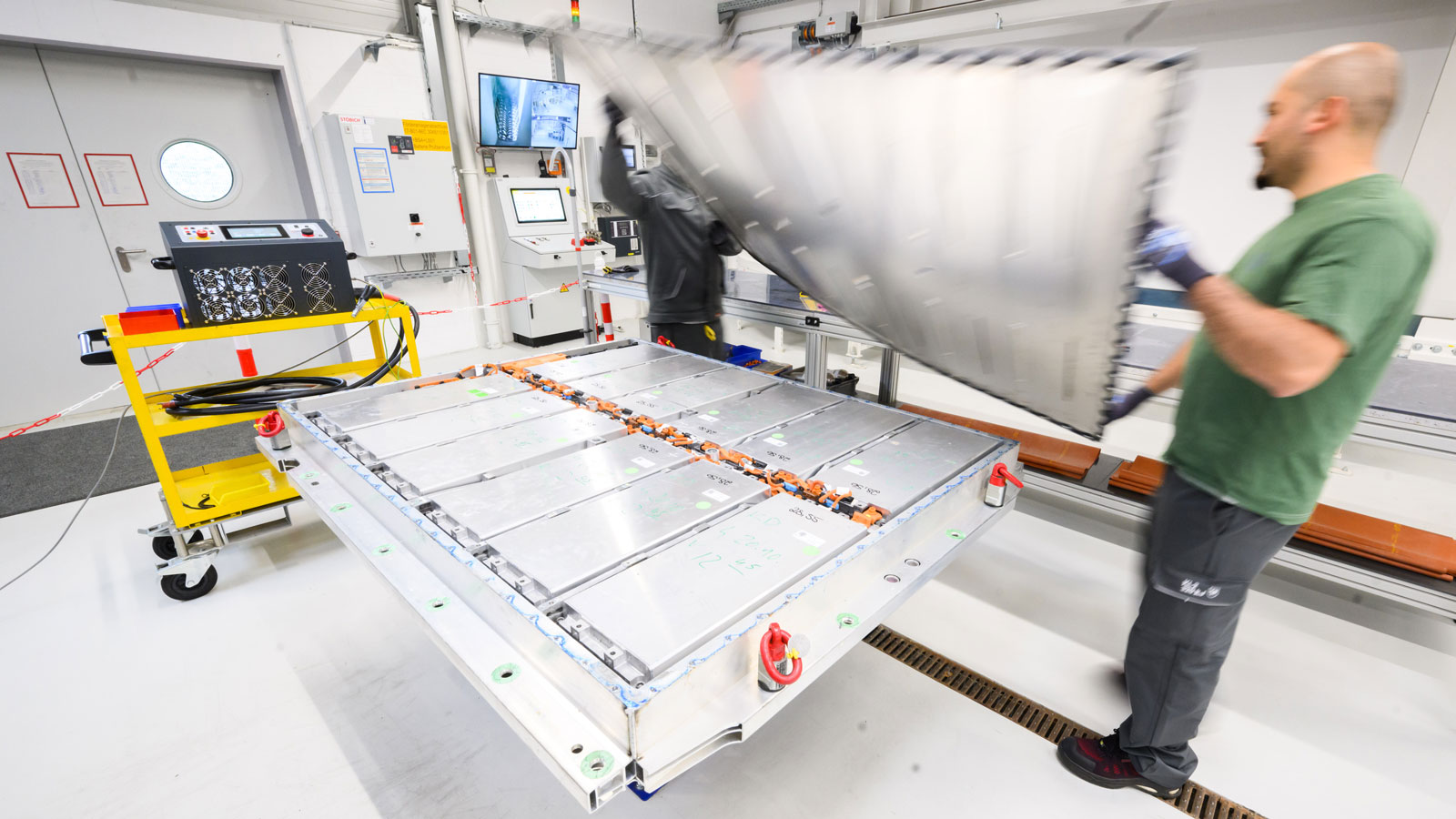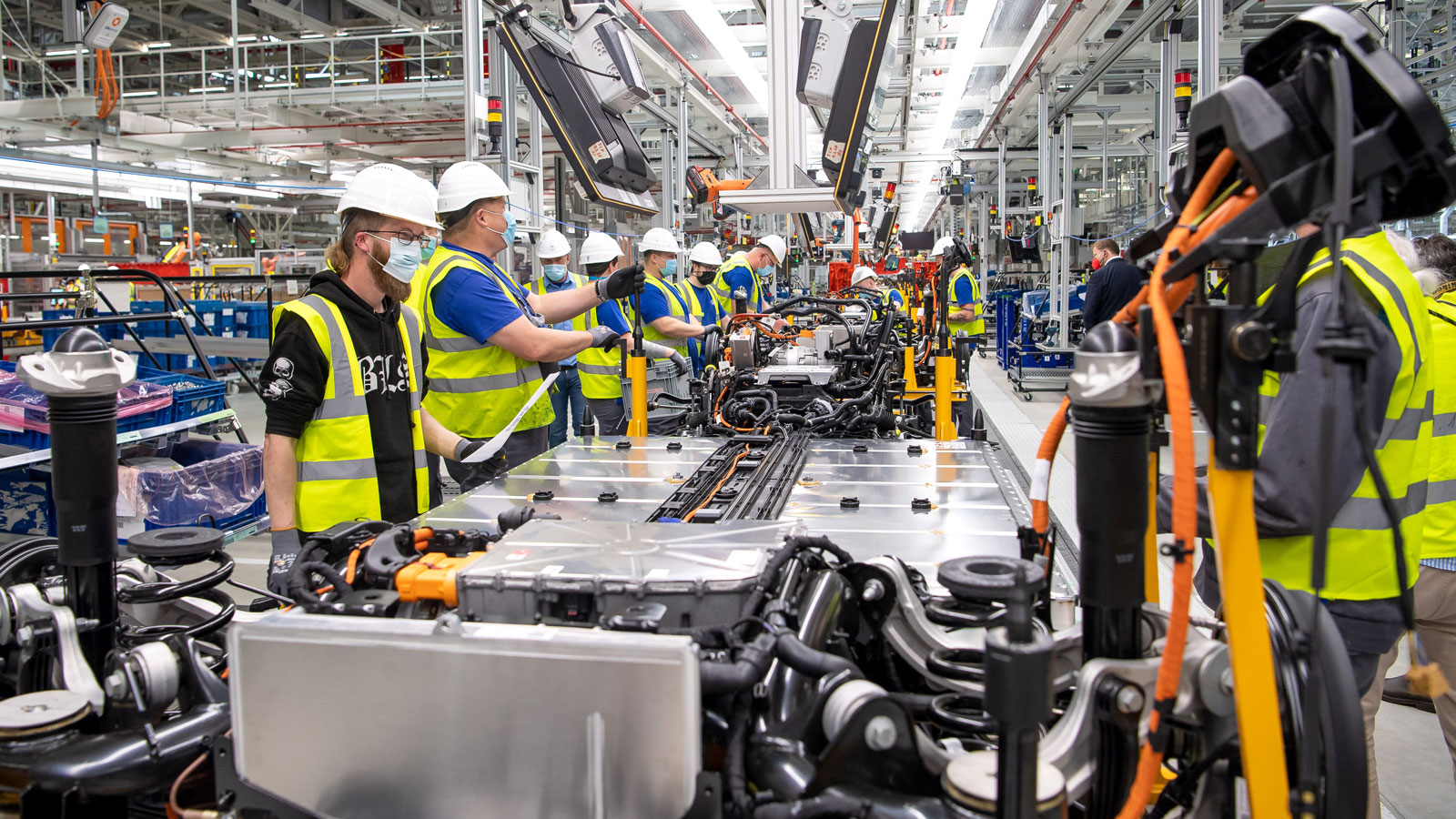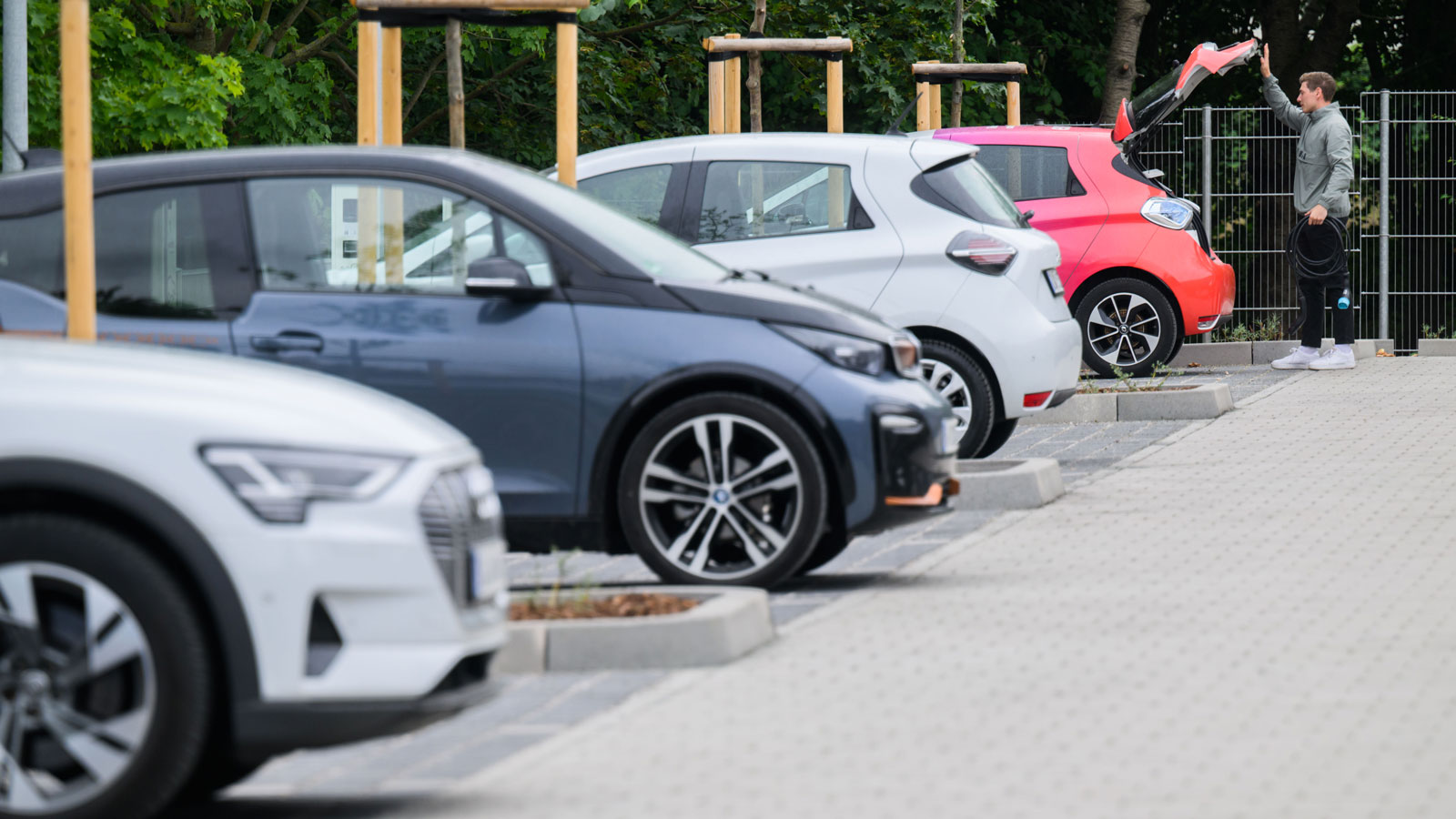Read This: The Tech Helping EV Automakers Clean Up The Dirty Side Of The Supply Chain
Electric cars are billed as an environmental savior, but the supply chain has some socially, and non-eco-friendly secrets that need addressing.
Car companies around the world are scrambling to electrify their fleets as governments around the world set mandates on EV sales for the years to come. The plans are all billed as being important in our fight against climate change, as tailpipe emissions currently account for around 16 percent of greenhouse gas emissions in the U.S.
In states like California and eventually New York, sales of gas-powered cars will be outlawed in 2035, leaving automakers just 13 years to begin shipping EVs that regular people can afford and actually want to drive. But while EVs are proven to have lower lifetime emissions compared to their gas-powered counterparts, their production does have a dark side.
The Washington Post has investigated the sinister side of the EV supply chain, including the heavy metals essential for battery production and the other materials required to build a new car these days. The Post reports:
"The difficulty electric carmakers face building supply chains free of human rights and environmental violations came into focus earlier this year, when U.S. investigators completed their probe of a massive mining tragedy in Brazil.
"Before 270 people were killed in a collapse of a dam holding iron ore mining waste — most of them buried alive in a deluge of toxic sludge — the metals company Vale provided audits and certifications to assure clients and investors of its commitment to safety and environmental stewardship."

EV makers like Polestar and Volkswagen are rightly trying to distance themselves from such tragedies as they try to bill themselves as responsible, eco-friendly companies. To do this, they are looking to new tech to track and monitor their supply chain in order to become as transparent as possible.

Some automakers are turning to outside sources to better track their supply chain. VW has turned to artificial intelligence to monitor suppliers, letting them know if anything provided in parts of the supply chain have any irregular changes such as with the chemical composition, location services verifying things are coming from where they've been indicated to be coming from, etc. One startup, called Circulor "tracks 69 different metrics on its platform, some relying on digital forensics and others built around data others have already collected."
The piece also details the steps being taken to create battery passports to prove the origin of EVs battery packs for when tax credits are tied to the sourcing of such components.

It's a fascinating read and can be checked out in full here. Sourcing and transparency is a huge factor in an object's sustainability credentials, and is something that consumers seem increasingly interested in learning more about.
If tech such as this can become commonplace in EVs, can it spread to other aspects of the automotive industry in due course?
